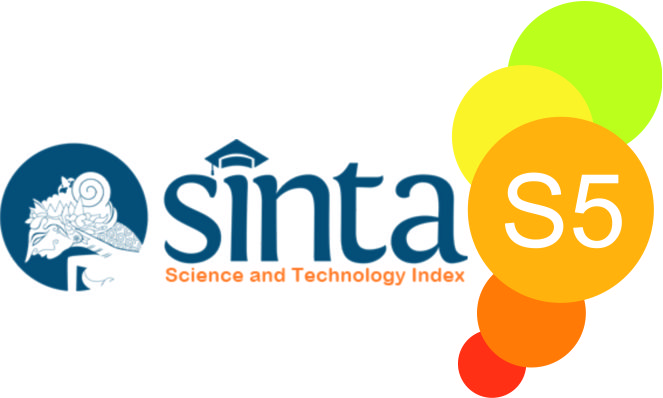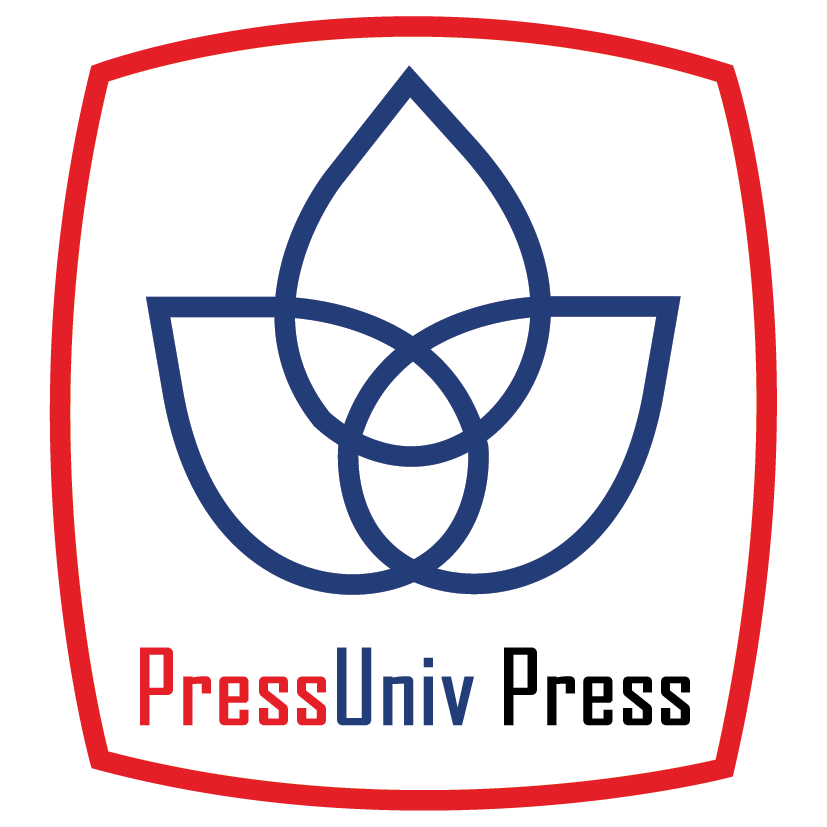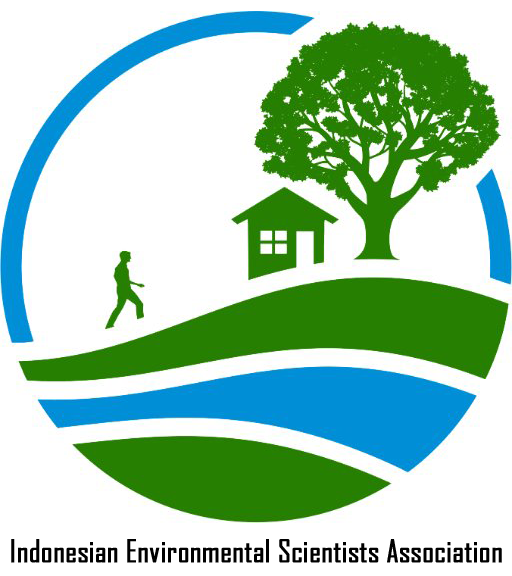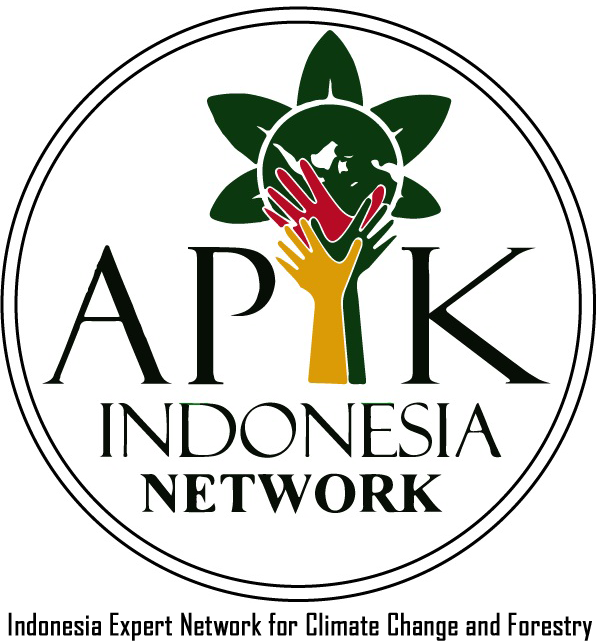- Focus and Scope
- Section Policies
- Peer Review Process
- Publication Frequency
- Open Access Policy
- Archiving
- License
- Article Processing Charge
- Plagiarism Check
- Copy Edit and Proofreading
- Reference Management
- Publication Ethics
Focus and Scope
Journal of Environmental Engineering and Waste Management provides immediate open access that publishes updates in relation to environmental engineering and science. Thematic areas in relation to both sciences are as follows:
- Environmental design & modeling
- Cleaner production
- Waste management and technology
- Water resources management
- water supply and sanitation
- Health, safety and environment
- Renewable energy and energy recovery technologies
- Pollution prevention and control technologies
- Water and wastewater treatment technology
Section Policies
Cover
Editorial Team
Articles
Table of Content
Peer Review Process
- The article review process will be carried out after the plagiarism check using Turnitin is completed. Only articles with a similarity percentage of <20% will be continued to the review stage.
- All peer review publications will be refereed in blind review process with expertise in the relevant subject area.
- Results of the review process are normally available within one month of submission
Publication Frequency
Journal of Environmental Engineering and Waste Management is scheduled for publication two times a year, in April and October.
Open Access Policy
Journal of Environmental Engineering and Waste Management currently use open journal system (OJS). This journal provides immediate Open Access to its content via the journal website. All articles published in JENV-OJS website are permanently free for everyone to read and download.
All papers accepted following finalisation of peer-review process will appear simultaneously in the print journal and online. Papers will be permanently published in particular range of time. On the principle, content in the journal provided to public, i.e. articles of research in laboratory, case reports, and literature reviews, will promotes a global exchange of knowledge.
Archiving
This journal utilizes the LOCKSS system to create a distributed archiving system among participating libraries and permits those libraries to create permanent archives of the journal for purposes of preservation and restoration. More...
License
All material published in this journal are copyrighted by the author(s) and are licensed under a Creative Commons License (CC BY-SA 4.0). Under this license You are free to:
- Share — copy and redistribute the material in any medium or format
- Adapt — remix, transform, and build upon the material for any purpose, even commercially.
Article Processing Charge
Every article submitted to Journal of Environmental Engineering and Waste Management will not have any 'Article Processing Charges'. This includes submitting, peer-reviewing, editing, publishing, maintaining and archiving, and allows immediate access to the full text versions of the articles.
Plagiarism Check
Plagiarism screening will be conducted by Journal Editorial Team using Turnitin
Copy Edit and Proofreading
Every article accepted by Journal of Environmental Engineering and Waste Management shall be an object to Grammarly® writing-enhancement program conducted by Journal Editorial Team.
Reference Management
Every article submitted to Journal of Environmental Engineering and Waste Management shall use reference management software e.g. Mendeley.
Publication Ethics
Journal of Environmental Engineering and Waste Management (JENV) is a peer-reviewed journal. This statement clarifies ethical behaviour of all parties involved in the act of publishing an article in this journal, including the author, the chief editor, the Editorial Board, the peer-reviewer and the publisher (PressUniv Press).
1. Ethical Guideline for Journal Publication
The publication of an article in a peer-reviewed JENV journal is an essential building block in the development of a coherent and respected network of knowledge. It is a direct reflection of the quality of the work of the authors and the institutions that support them. Peer-reviewed articles support and embody the scientific method. It is therefore important to agree upon standards of expected ethical behavior for all parties involved in the act of publishing: the author, the journal editor, the peer reviewer, the publisher and the society.
PressUniv Press as publisher of Journal of Environmental Engineering and Waste Management takes its duties of guardianship over all stages of publishing extremely seriously and we recognize our ethical and other responsibilities. We are committed to ensuring that advertising, reprint or other commercial revenue has no impact or influence on editorial decisions. In addition, editorial team will assist in communications with other journals and/or publishers where this is useful and necessary.
2. Publication decisions
The editor of the Journal of Environmental Engineering and Waste Management is responsible for deciding which of the articles submitted to the journal should be published. The validation of the work in question and its importance to researchers and readers must always drive such decisions. The editors may be guided by the policies of the journal's editorial team and constrained by such legal requirements as shall then be in force regarding libel, copyright infringement and plagiarism. The editors may confer with other editors or reviewers in making this decision.
3. Fair play
An editor at any time evaluate manuscripts for their intellectual content without regard to race, gender, sexual orientation, religious belief, ethnic origin, citizenship, or political philosophy of the authors.
4. Confidentiality
The editor and any editorial staff must not disclose any information about a submitted manuscript to anyone other than the corresponding author, reviewers, potential reviewers, other editorial advisers and the publisher, as appropriate.
5. Disclosure and conflicts of interest
Unpublished materials disclosed in a submitted manuscript must not be used in an editor's own research without the express written consent of the author.
6. Duties of Reviewers
Contribution to Editorial Decisions. Peer review assists the editor in making editorial decisions and through the editorial communications with the author may also assist the author in improving the paper.
Promptness. Any selected referee who feels unqualified to review the research reported in a manuscript or knows that its prompt review will be impossible should notify the editor and excuse himself from the review process.
Confidentiality. Any manuscripts received for review must be treated as confidential documents. They must not be shown to or discussed with others except as authorized by the editor.
Standards of Objectivity. Reviews should be conducted objectively. Personal criticism of the author is inappropriate. Referees should express their views clearly with supporting arguments.
Acknowledgement of Sources. Reviewers should identify relevant published work that has not been cited by the authors. Any statement that an observation, derivation, or argument had been previously reported should be accompanied by the relevant citation. A reviewer should also call to the editor's attention any substantial similarity or overlap between the manuscript under consideration and any other published paper of which they have personal knowledge.
Disclosure and Conflict of Interest. Privileged information or ideas obtained through peer review must be kept confidential and not used for personal advantage. Reviewers should not consider manuscripts in which they have conflicts of interest resulting from competitive, collaborative, or other relationships or connections with any of the authors, companies, or institutions connected to the papers.
7. Duties of Authors
Reporting standards. Authors of reports of original research should present an accurate account of the work performed as well as an objective discussion of its significance. Underlying data should be represented accurately in the paper. A paper should contain sufficient detail and references to permit others to replicate the work. Fraudulent or knowingly inaccurate statements constitute unethical behaviour and are unacceptable.
Data Access and Retention. Authors are asked to provide the raw data in connection with a paper for editorial review, and should be prepared to provide public access to such data (consistent with the ALPSP-STM Statement on Data and Databases), if practicable, and should in any event be prepared to retain such data for a reasonable time after publication.
Originality and Plagiarism. The authors should ensure that they have written entirely original works, and if the authors have used the work and/or words of others that this has been appropriately cited or quoted.
Multiple, Redundant or Concurrent Publication. An author should not in general publish manuscripts describing essentially the same research in more than one journal or primary publication. Submitting the same manuscript to more than one journal concurrently constitutes unethical publishing behaviour and is unacceptable.
Acknowledgement of Sources. Proper acknowledgment of the work of others must always be given. Authors should cite publications that have been influential in determining the nature of the reported work.
Authorship of the Paper. Authorship should be limited to those who have made a significant contribution to the conception, design, execution, or interpretation of the reported study. All those who have made significant contributions should be listed as co-authors. Where there are others who have participated in certain substantive aspects of the research project, they should be acknowledged or listed as contributors. The corresponding author should ensure that all appropriate co-authors and no inappropriate co-authors are included on the paper, and that all co-authors have seen and approved the final version of the paper and have agreed to its submission for publication.
Hazards and Human or Animal Subjects. If the work involves chemicals, procedures or equipment that have any unusual hazards inherent in their use, the author must clearly identify these in the manuscript.
Disclosure and Conflicts of Interest. All authors should disclose in their manuscript any financial or other substantive conflict of interest that might be construed to influence the results or interpretation of their manuscript. All sources of financial support for the project should be disclosed.
Fundamental errors in published works. When an author discovers a significant error or inaccuracy in his/her own published work, it is the author’s obligation to promptly notify the journal editor or publisher and cooperate with the editor to retract or correct the paper.





